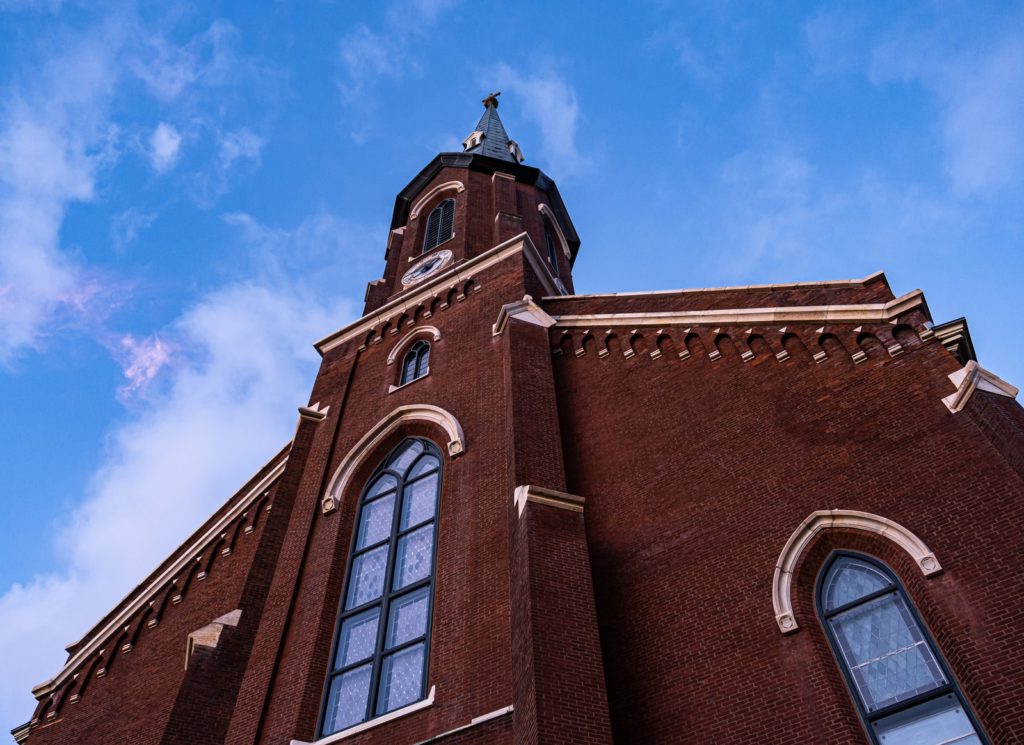No matter where church leaders stand on church discipline, it is critical that church members be clear on whether it is implemented and especially when and how, said Dale Huff, director of the office of LeaderCare and church administration for the Alabama Baptist State Board of Missions.
Unfortunately decisions and questions concerning discipline often are ignored until there is a serious conflict in a church and a member or group of members wants to retaliate against an opposing group, Huff said.
“A good disciplinary procedure for a church should be formulated when the situation in the church is at its healthiest rather than when problems are already there,” he said.
Linda Connor, an attorney who serves as director of the Center for Law and the Church at Samford University’s Cumberland School of Law, seconds that idea.
Connor said churches in the United States have been sued for publicly disciplining members, though she is not aware of any such cases in Alabama. More frequent is the threat of a lawsuit if the church persists in taking a discipline issue to the church body.
Connor has heard questions about legal issues related to disciplining individuals who interrupt the pastor during worship or tell lies in an effort to get the pastor fired. Sometimes the church is trying to figure out how to handle a convicted sex offender in its congregation.
By the time a pastor calls her office, Connor said he usually has tried the biblical approach of Matthew 18 without success and wants to explore his legal rights.
She said the ideal procedure is for the congregation to adopt a disciplinary policy by vote and add it to the church bylaws. The procedures for disciplinary action will vary depending on the church and its needs, but the bylaws and/or articles of incorporation should include how the pastor is called or terminated, how deacons are appointed, how due process and emergency meetings are handled and other matters involving the way the church does business.
In the case of a sex offender, for example, the policy might put restrictions on the types of activities an individual can engage in, such as not speaking to children or being in the children’s wing.
Once the policy is in place, church members should have the opportunity to state their acceptance of it and indicate their understanding of the consequences of misdeeds. New members should be informed of the policy as they join the church and asked to sign a statement of compliance as well.
“When you can give members a set of documents to read for themselves, everyone is on notice that this is what can happen,” Connor said.
Though the courts do sometimes get involved, most of the time, disciplinary issues are handled within the church, she said.
“People who have things they do not want known publicly are not usually looking to draw attention to themselves,” Connor said.
Whatever the case, the church’s best defense is a good offense.
“If the church is going to practice discipline, it needs to have the procedure written down and then follow it,” Connor said.





Share with others: